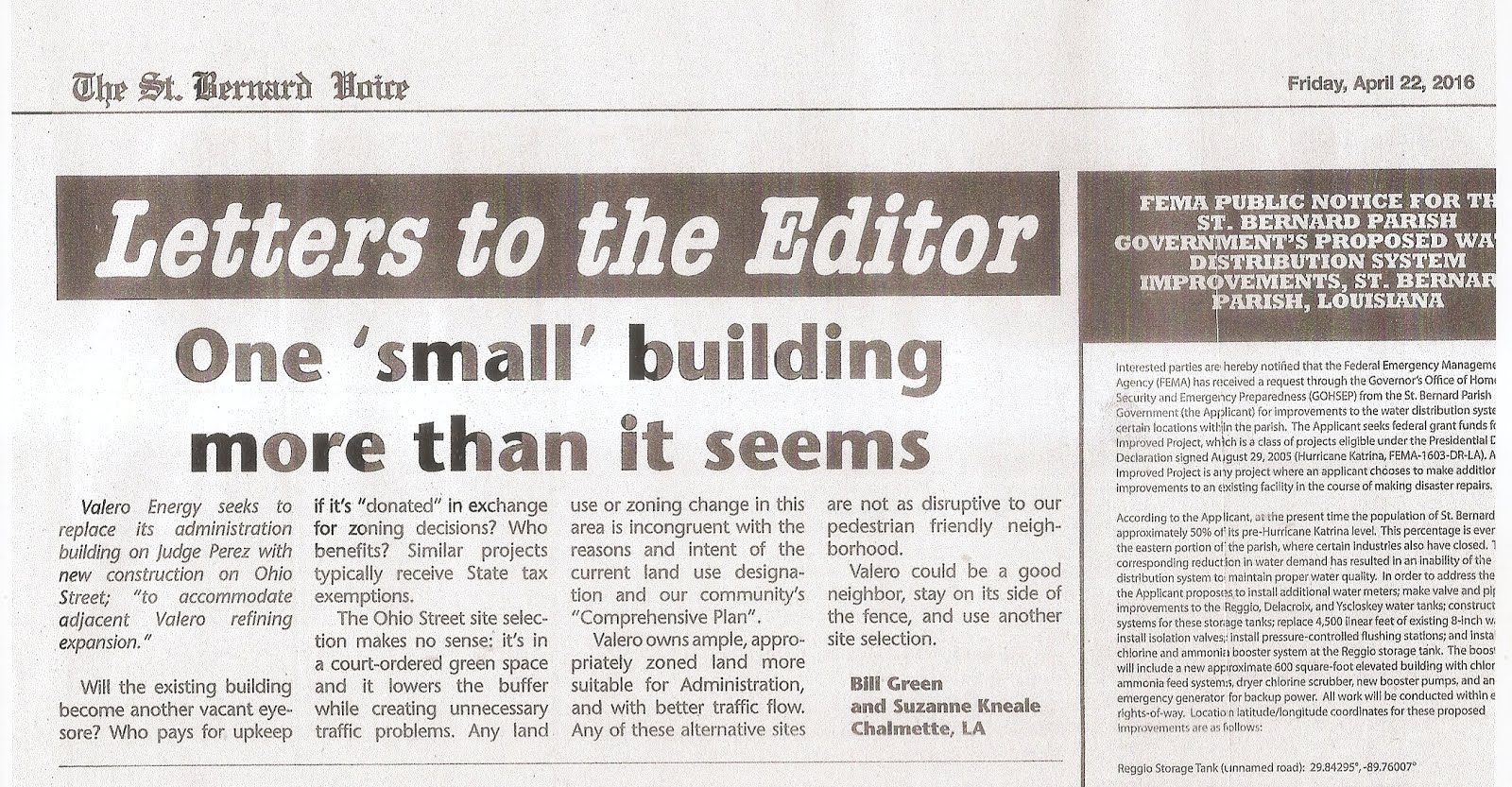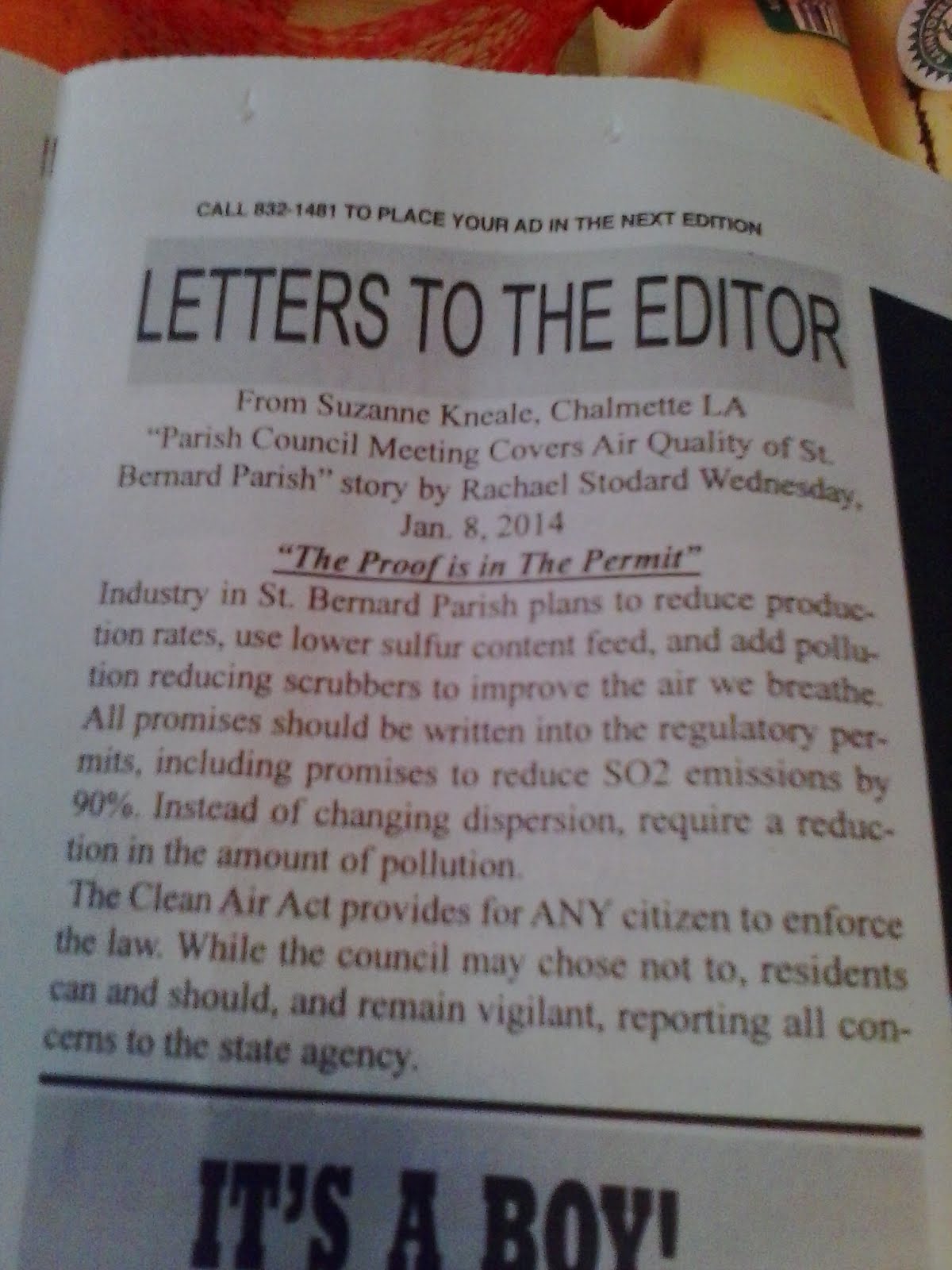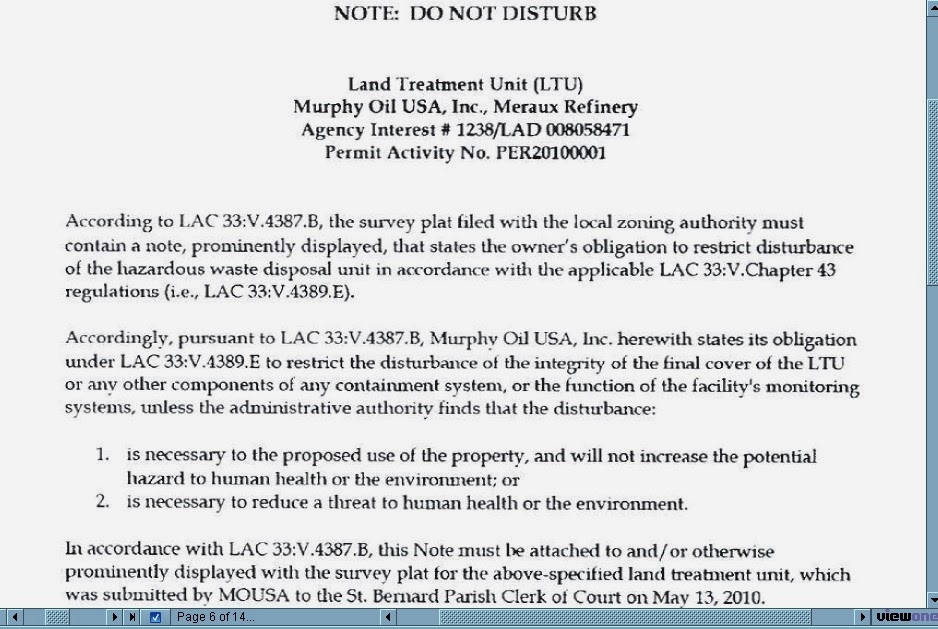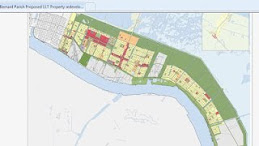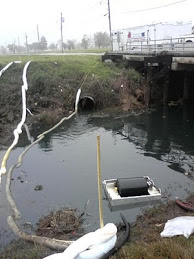From Our Neighbors and Friends upriver in St James Parish
As St Bernard Parish Council approves zoning changes to transform Florissant Highway to a heavy industrial corridor, it paves over paradise to accommodate requests for more methane pipelines and compressor stations, while still struggling to complete marsh and wetlands restoration in the same general areas. As the proliferation of methane extraction, processing, and export continues in Louisiana and Texas, we should at least try to understand that Methane is a potent greenhouse gas that has more than 80 times the power of carbon dioxide over a 20-year period. Methane currently makes up about 16% of all greenhouse gas emissions, it is responsible for between 20-30% of all global warming.
That is the legacy we are leaving our grandchildren with -- all in the name of exports and tax revenue.
CHEMICAL OF THE MONTH - Methane
By Caitlion O. Hunter, Esq.
A service program of RISE St. James; Caitlion O. Hunter, Esq.; Tim Schütz, PhD Researcher, Anthropology University of California, Irvine; and The Community Scientist (TCS) Research Team
At this year’s COP28, the United Nations’ annual climate conference, reducing methane emissions has been a hot topic of discussion for countries around the world. Fossil fuel companies pledged to reduce methane from pipeline leaks, using technology like satellites or drones to detect these rogue methane emissions. EPA announced new rules this month that also are estimated to stop methane from leaking into the atmosphere from leaks and flaring. In Louisiana alone, industrial facilities and oil and gas operations leaked and flared enough methane to power all the houses in Baton Rouge for one year! While stopping leaks is important, neither of these rules addresses the source of these methane emissions- mining, drilling, and burning fossil fuels. And neither the United States, by far the largest emitter of methane from oil and gas, nor China, by far the largest emitter of methane from coal, have meaningfully reduced their consumption or production of fossil fuels.




